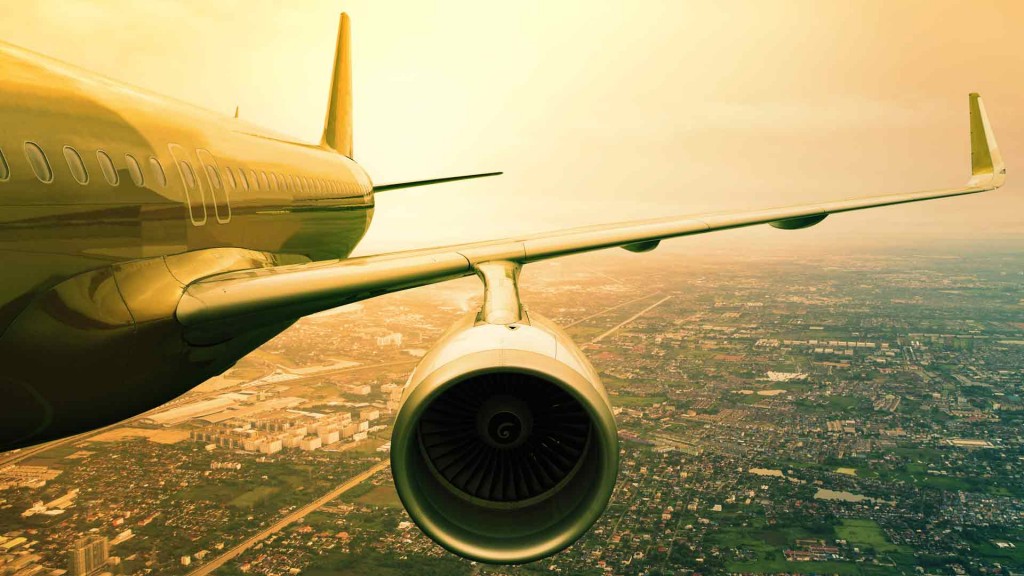If you have ever traveled, then you may have experienced jet lag and accompanying fatigue, resulting in a depletion of energy that affected your vacation or first work meeting. Jet lag is also known as ‘time zone change syndrome,’ or desynchronosis. It occurs when people travel at a fast pace across time zones or when they travel and their sleep patterns are disrupted as a result.
Jet lag can cause headaches, insomnia, and irritability. It is often experienced more severely by older persons. Children seem to recover more quickly. Severe symptoms of jet lag can include anxiety, confusion, indigestion, dizziness, and even memory loss.
Sadhguru offers ways to prevent and combat jet lag and travel fatigue.
Sadhguru: High-speed travel is an inevitable part of today’s life. When the human body is made to travel at a speed beyond one’s natural capabilities, the subtle energy form and the field around the energy in the form of aura gets frayed. This fraying can leave you in an extreme sense of fatigue at the end of your journey, which could greatly affect the purpose of your trip, especially if it is only a short stay at your destination.
There are a few simple things you can make use of before starting your journey and during and after the trip, to limit the stress and struggle that your energy systems go through due to travel and jet lag.
#1 Sit Up Straight While Traveling
There is something called skeletal comfort, muscular comfort and organ comfort. When you recline, your muscles are comfortable, but your skeletal system and organs are stressed because the body’s organs are not fixed with clamps. They are loose, hanging in connective tissue. When you recline, their ability to function drops dramatically.
Keeping the body erect is not because we don’t like comfort, it is because we understand and experience comfort in a completely different way. You can train your muscles to be comfortable, with your spine erect, but you cannot train your organs to be comfortable while slouching. There is no way to do it. So, we choose to train the body, so that our skeletal system and muscular system is comfortable sitting this way.
#2 Eat Sensibly Before A Trip
The body is a composite form of food consumed. So, being conscious of what you ingest can reduce travel stress. Consume food with high water content like fruits and fresh vegetables, and lots of pure water before, during and at least 24 hours after the journey. Avoid intoxicants and stimulants, and foods which remain in the stomach for over 3 hours like red meat, complex mixtures of carbohydrates and fats and deep-fried foods.
#3 Tap Into Some Solar Power
The biggest stress factor during international travel is jetlag, or confusion in the physical and energy system about the time zone into which you have travelled. This confusion in your biological clock can be stabilized by exposing your spine to sunlight – either directly or through thin clothing – for a minimum of 20 minutes, two or three times a day. This, along with the Upa-yoga practices can minimize the jetlag period.
#4 Nadi Shuddhi
Nadi Shuddhi is a simple yogic process that is conducted by using your breath to organize your energies into a cocoon of wellbeing. This will help bring the needed balance in your energy system and organize your physical body to take you through the stress of travel with minimum impact.
The practice could be done for any length of time in preparation for the journey, during and after. If the time difference at your destination is over 6 to 8 hours, it is best that you continue the practice for a minimum of 3 days after you reach your destination. This helps you benefit from a more organized energy system, which will have a bearing upon your physical and mental states.





